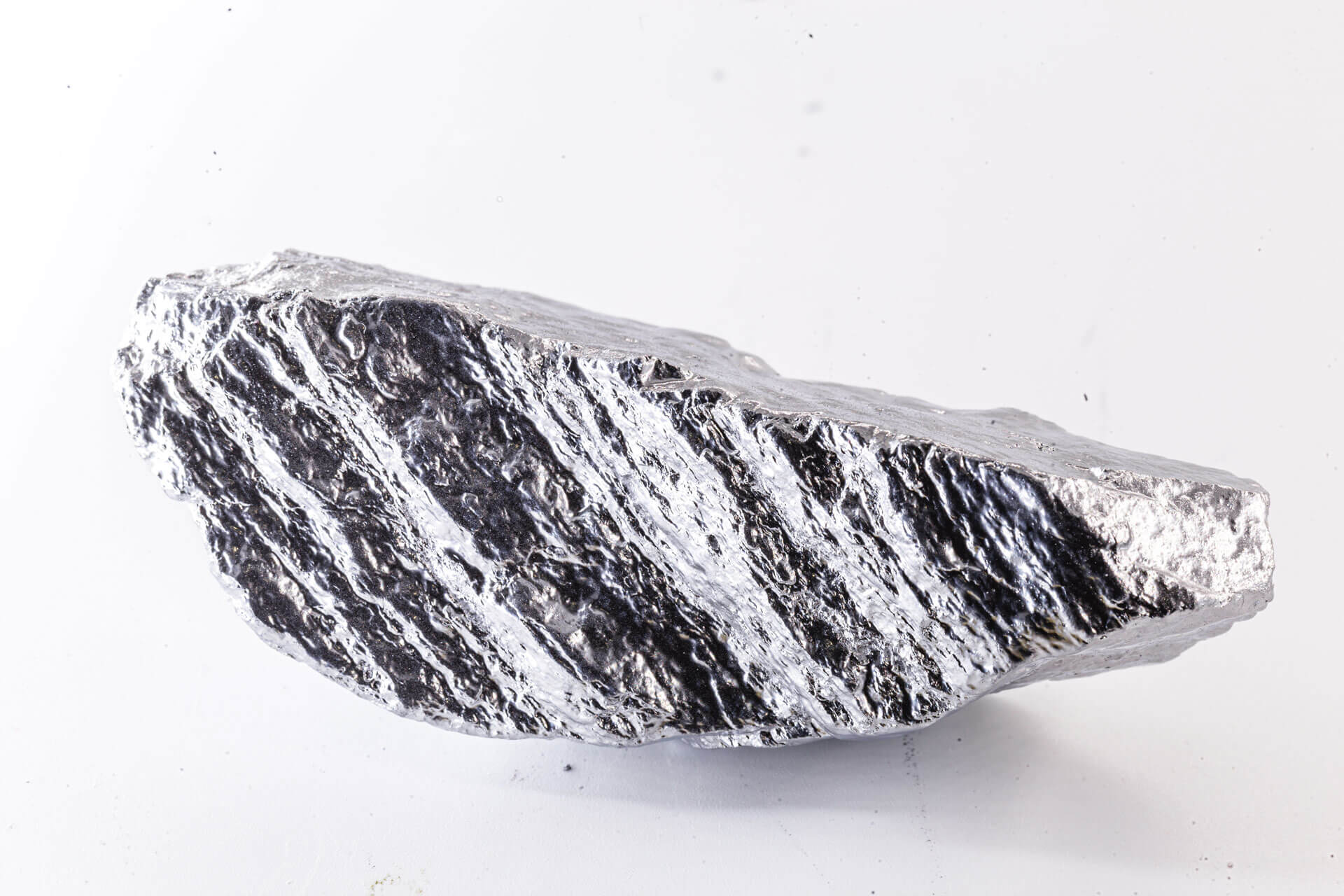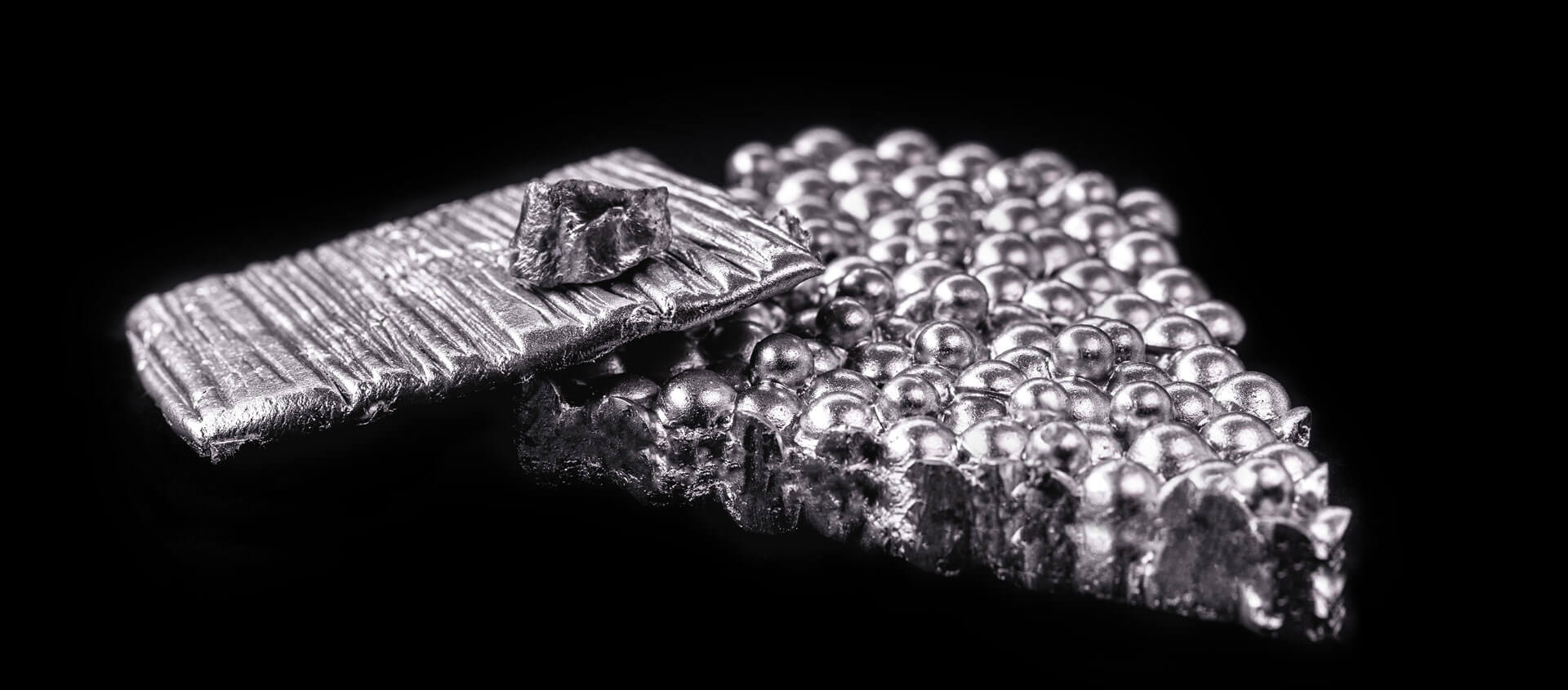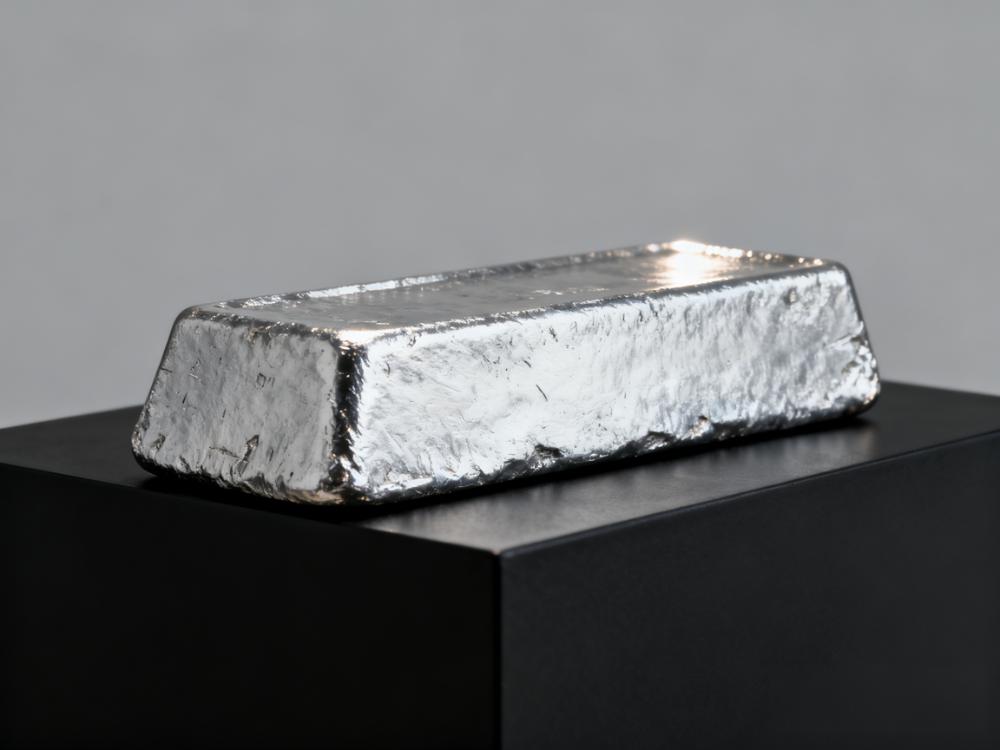According to customs data, China's NPI+FeNi imports in November 2024 reached 882,700 mt, up 27.8% MoM and 29.8% YoY. In terms of metal content, total imports in November amounted to 109,500 mt (Ni contained), up 28.2% MoM and 22.5% YoY.
By category, both NPI and FeNi showed varying degrees of increase in November, with the largest growth seen in NPI. NPI imports reached 855,400 mt, up 27.9% MoM and 35.8% YoY. In November, Indonesia's nickel ore RKAB supplementary quotas for the year began to be released, while premiums and HPM prices declined simultaneously, leading to weaker nickel ore prices. This caused smelters' production cost centers to shift downward, expanding profits and enhancing production momentum. Consequently, Indonesia's NPI production continued to rise MoM in November. On the other hand, LME nickel prices fell sharply in November, and high-grade nickel matte faced losses amid weakening downstream demand and declining nickel prices. As NPI production became more profitable, some Indonesian production lines capable of switching between NPI and high-grade nickel matte adjusted to prioritize NPI as the main economic product, further boosting NPI supply. From the perspective of local demand in Indonesia, stainless steel production in November was approximately 475,000 mt, up about 6.74% MoM and 17.28% YoY, with the growth mainly concentrated in the Morowali Industrial Park. Production of 300-series stainless steel increased by about 30,000 mt MoM. However, the incremental demand for NPI was less than the growth in NPI supply, leading to a theoretical increase in exportable volumes MoM. Additionally, with the new RKAB quotas in Indonesia, export resource tax permits became more abundant, allowing previously stockpiled inventories to be shipped smoothly. Meanwhile, domestic stainless steel production in China continued to grow, maintaining optimistic demand, which collectively drove a significant increase in China's total NPI imports in November.
Regarding FeNi, FeNi imports in November totaled 27,300 mt, up 25.1% MoM but down 45.5% YoY. In terms of metal content, FeNi imports amounted to 6,900 mt (Ni contained), up 25.8% MoM but down 40.94% YoY. By country, total imports from major countries showed varying degrees of increase in November, with the highest growth seen in imports from South Korea, up approximately 52.5% MoM and 32.6% YoY. According to the SMM survey, South Korea's largest FeNi smelting enterprise, SNNC, faced significantly narrowed FeNi profits during the nickel price downturn. This year, it adjusted its production processes to improve nickel grades and enhance competitiveness. Some inventories, affected by transportation disruptions during the Chinese New Year holiday, were released earlier in November-December. FeNi imports from South Korea are expected to continue rising in December. Meanwhile, imports from Colombia, New Caledonia, and Brazil showed slower growth, rising approximately 10.7%, 16.2%, and 11.6% MoM, respectively, but declining significantly by about 35.7% YoY, 54.5% YoY, and 48.0% YoY, respectively. Given the global trend of declining high-grade FeNi supply year by year, the proportion of high-grade NPI in the stainless steel raw material market may increase.



